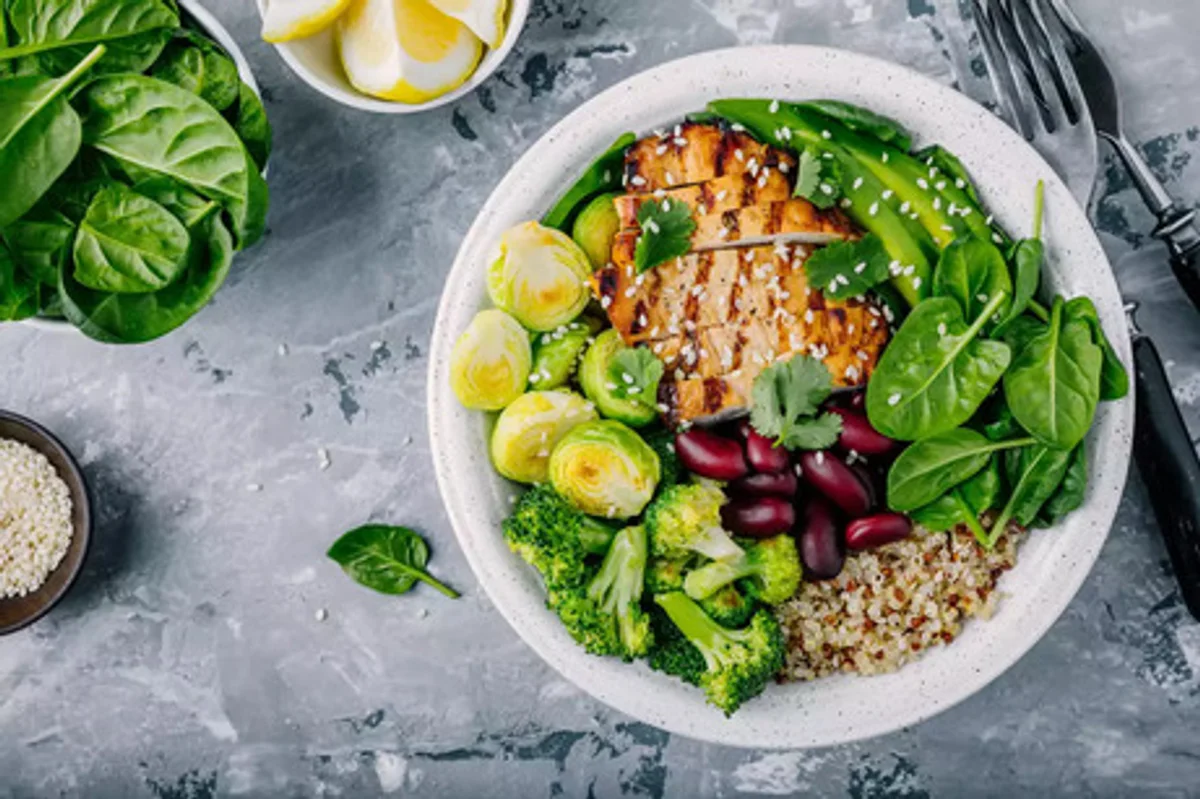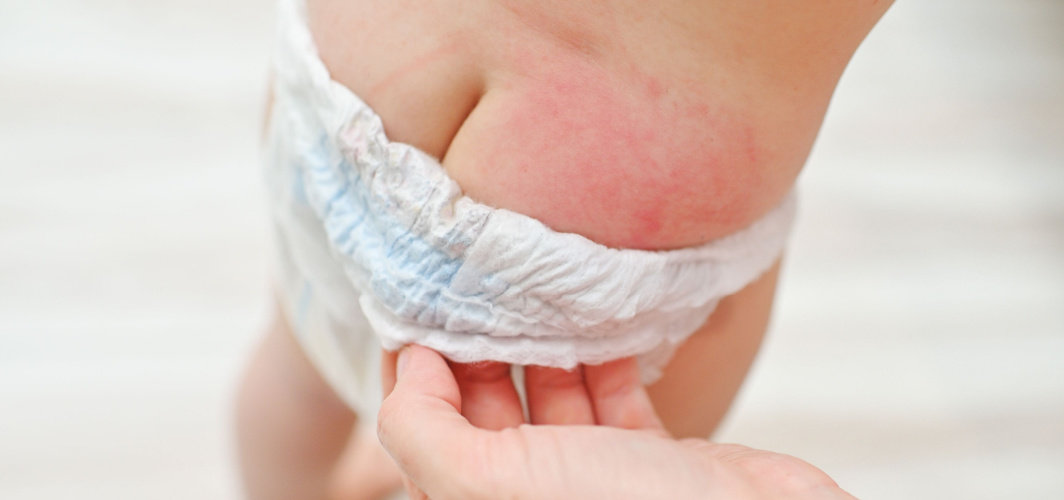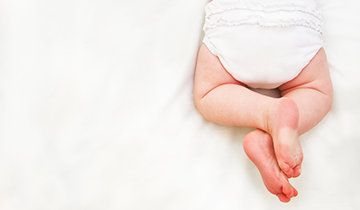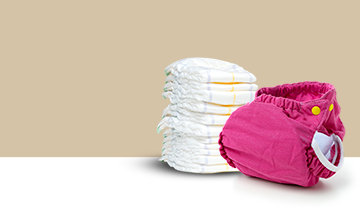- Home
- Blog
- Mom & Baby Care
Indian Diet Chart for Breastfeeding/Lactating Mothers
Mom & Baby Care
Indian Diet Chart for Breastfeeding/Lactating Mothers
By Apollo 24|7, Published on- 12 October 2022, Updated on -28 February 2023
Share this article
0
3 likes

There is no feeling truly more satisfying than being able to give your child what it needs. And “breastfeeding” certainly tops this list for new mothers!
However, nursing the child more than 8-12 times a day and producing as much milk is not easy. Fatigue, sore breasts, and insufficient milk supply are the three most common problems women face during lactation. So, what’s the solution?
Well, many. But the most important among these is a nutritionally rich, balanced and wholesome diet. To help you with the same, here is a list of three specific nutrients and their food sources that are a must-have during the lactation period.
3 Must-Have Foods for Lactating Mothers
Iron-Rich Foods
Similar to how low iron levels during pregnancy make a mother feel irritable, angry, and exhausted, low iron levels during nursing magnify these symptoms and mark you with constant fatigue. More often than not you will find yourself in an inescapable loop of irritation and exhaustion with neither the ability to sleep nor concentrate.
In such a case, try supplementing your diet with iron-rich foods. Iron will help alleviate your depressive state, stabilise your mood, and both treat and prevent anaemia which is a common culprit for the insufficient supply of milk in lactating mothers.
Here are a few iron-rich sources and their multiple options in the Indian market. We suggest you try them in different combinations to help build a diet plan that best suits your need and taste.
|
Iron-Rich Sources (Vegetarian) |
Options |
|
Cereals |
Rice bran, puffed rice, rice flakes, whole wheat, buckwheat, maize, and oats |
|
Pulses |
Chickpeas, red kidney beans, soya beans, black gram, Bengal gram, whole green gram, cowpeas, sprouts, and horse gram |
|
Nuts |
Cashew nuts, dried coconut, almonds, raisins, figs, and sesame seeds |
Note: Tea and coffee should be avoided for at least an hour following a meal since they reduce the absorption of iron. Instead, include vitamin C-rich foods, such as guava, lime, gooseberries, sweet lime, broccoli, oranges, and tomatoes to improve the absorption of iron.
Calcium-Rich Foods
Calcium is one nutrient that not only aids in the development of healthy bones and teeth, but is equally and more important for the optimum functioning of the neurological, muscular, and circulatory systems. Therefore, a nursing woman must strive to get at least a thousand mg of calcium every day.
Some of the food sources rich in calcium are-
|
Calcium Rich Sources |
Options |
|
Cereal |
Ragi |
|
legumes |
Chickpeas, red kidney beans, soya beans, black gram, Bengal gram, whole green gram |
|
Green leafy vegetables |
Cauliflower, amaranth, fennel, colocasia, curry leaves, drumstick, turnip greens, betel leaves, fenugreek leaves, and mustard greens |
|
Other vegetables |
Field beans, dry lotus stem, marrow, chayote, and celery |
|
Nuts |
Almonds, dry coconut, walnuts |
|
Fruits |
Apricot (dry), lime, wood apple, dates, and raisins |
|
Dairy products |
Curd and milk |
Protein-Rich Foods
Protein is that ‘ultimate’ nutrient you need to provide your baby with the means to build, repair and maintain its muscles while simultaneously helping you maintain your own muscle mass. It is also absolutely essential for postpartum recovery and maintaining the necessary volume of your breast milk.
A few sources of protein include-
|
Sources of protein |
Options |
|
Meat |
Chicken breast, fish and eggs |
|
Dairy products |
Milk, paneer, curd, and cheese |
|
Soya |
Tofu, soya beans, soya milk, chunks |
|
Nuts |
Almonds, unsalted groundnuts, etc. |
|
Beans |
Red kidney beans, black gram, chickpea, cowpea, horse gram, |
|
Grains |
Green dried peas, sprouts, and split gram |
To give you an idea on how to include these in your everyday life, here is a sample diet chart for lactating mothers. Refer it to build the one that best suits your needs and taste.
Sample Indian Diet Chart for Lactating Mothers
Morning | 8:00 am
One cup of fresh tea with 8 to 10 soaked almonds, and four to five dates
Breakfast | 9:00 am
One glass of skim milk with half a cup of badam sheera and any seasonal fruit of your choice,
Or
Two to three methi or palak parathas with a half a cup of raita,
Or
One cup of poha, or upma with seasonal fruit and one saunth vadi.
Morning Snack | 11:00 am
A seasonal fruit plus one methi ladoo
Lunch | 1:00 pm
Two bajra rotis with a vegetable of your choice, and a cup of rice with moong curry plus salad,
Or
Two rotis with a cup of fish curry and salad
Evening | 4:00 pm
A glass of milk with one goand ladoo
Evening | 6:00 p.m
Two small puda or chila with sprout bhel,
Or
A cup of vegetable upma with warm tea
Dinner | 9:00 pm
Few rotis with a cup of green vegetable and a bowl of dal with rice and salad
Before Bed:
A glass of cold milk mixed with an equal amount of water.
Some Additional Tips for Breastfeeding Mothers
- Eat little and often. Balance your day with three main meals, and two to three little snacks each day.
- Keep a gap of at least one to two hours between your supper and bedtime.
- Eat at least one serving of dry fruits per day, such as two figs, two walnuts, two raisins, etc.
- Include seasonal fruits and vegetables to meet your vitamin A, E, C, and B complex needs. Note that fruits should only be eaten in the afternoon or evening.
- Consume a variety of cereals, including oats, ragi, jowar, whole wheat, and broken wheat.
- Consume foods from all the food categories (pulses, fruits and vegetables, cereals, dairy, sugar, and nuts).
- Have at least 3l of fluid every day. You could balance this between plain water, herbal teas, milk, soups, juice, lime water, and buttermilk.
- Limit items like butter, cheese, ghee, and cream that are excessively high in saturated fat, as well as ready-to-eat meals with preservatives, deep-fried foods, alcoholic beverages, savouries, soft drinks, packaged juices, sweets, and white sugar.
- Limit your use of coffee and tea. They prevent the absorption of iron in the body.
- Stay away from any medications or herbal supplements without consulting your doctor or dietician.
To conclude, stay healthy, stay active, and consciously try to be happy. What you eat and how you feel is almost exactly how healthy your child will be. However, if the diet and conscious changes in lifestyle don't help, consult your doctor immediately. Your doctor can help you see through the missing links and positively alleviate the physical, mental, or emotional signs of distress.
For appropriate diet plan you can consult our best Dietitians & Nutritionists.
Services
Mom & Baby Care
Leave Comment
Services
Recommended for you

Mom & Baby Care
Diaper Rash: Know How To Deal With It
Diaper rash is an extremely common problem, especially amongst infants who wear diapers regularly. Typically manifesting as red, uncomfortable patches of inflamed skin, this condition can be easily treated at home.

Mom & Baby Care
How to Prevent and Treat Diaper Rash: Everything You Need to Know
Diaper rash is a very common problem that can occur in both infants and toddlers. It can cause a great deal of discomfort for your child, and it can be frustrating trying to figure out how to treat it.

Mom & Baby Care
Cloth Diapers vs Disposable Diapers: Which is Better?
Many people don't know that disposable diapers use a technology called SAP (Super Absorbent Polymer) to absorb liquid. Cloth Diapers have a lot of benefits such as convenience and comfort which is why they are so popular among parents who want to be environmentally friendly.
Subscribe
Sign up for our free Health Library Daily Newsletter
Get doctor-approved health tips, news, and more.

